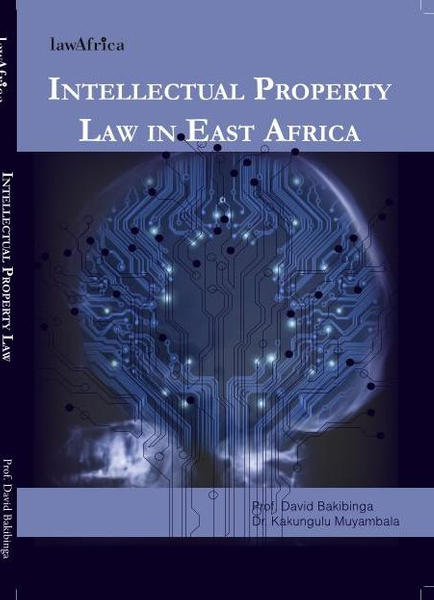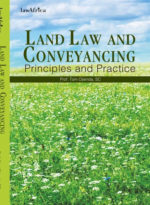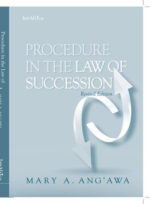The past half century in Uganda has witnessed both concern and interest in copyright and neighbouring rights. This is evident in the laws and treaties initiated by both the Uganda Government and the international community, aimed at enabling copyright holders to realize the benefi ts of their intellectual works.
Intellectual Property Law in East Africa
KSh 3,217.00
The past half century in Uganda has witnessed both concern and interest in copyright and neighbouring rights. This is evident in the laws and treaties initiated by both the Uganda Government and the international community, aimed at enabling copyright holders to realize the benefi ts of their intellectual works.
2 in stock
Customer Reviews
There are no reviews yet.










Be the first to review “Intellectual Property Law in East Africa”